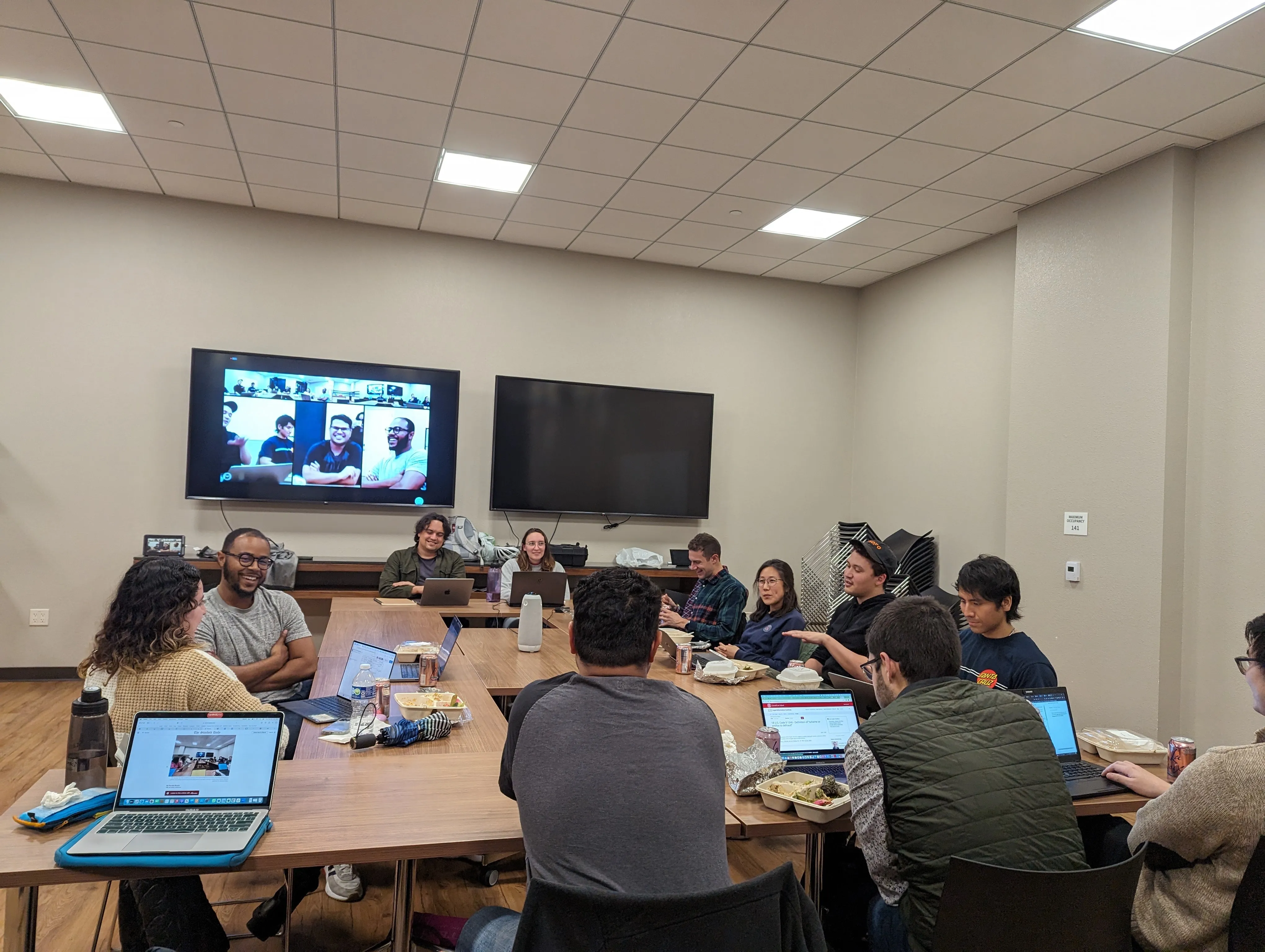At its Tuesday meeting, the Graduate Student Council (GSC) refined the Free Speech Bill proposed last week. A vote on the bill could take place as early as next week.
The draft bill, titled “Joint Resolution on the State of First Amendment Protections,” affirms students’ free speech rights and demands that the University “clarifies all policies and disciplinary consequences regarding the regulation of free speech.” It asks that the University formally recognize students’ right to free speech in all spaces unless legally justified.
The bill was proposed in the wake of the University’s Feb. 12 mandate that student demonstrators vacate White Plaza between 8 p.m. and 8 a.m., in compliance with the University’s no-camping policy. Last week, the University removed the physical set-up of the Sit-in to Stop Genocide, the longest student-run sit-in in Stanford history.
“I do feel that Stanford’s decision-making here has effectively stifled speech related to the current conflict on campus,” said Perry Nielsen Jr., a master’s student in health policy and ASSU executive director for graduate student affairs. Nielsen Jr. is one of three co-authors of the bill, along with Kay Barrett, a second-year English Ph.D. student and GSC’s diversity and advocacy chair, and Dawn Royster ’26, the Undergraduate Senate’s (UGS) sexual violence prevention chair.
The bill asks that the University overturn its ban on overnight displays and reaffirm protections on students’ free speech inside White Plaza, the only designated free speech area on campus. It asks that Stanford publicly commit to not pursuing disciplinary or legal action against students exercising their free speech rights in formally recognized free speech areas.
“There is more action being taken against the peaceful protestors in White Plaza than action has been taken against those committing actual hate-based violence or harassment on campus,” Nielsen said.
“There’s a continual emphasis that Stanford is decentralized, specifically decentralized with a lot of their policies relating to free speech. But, because of this decentralized nature, some of these policies can become confusing, sometimes hypocritical for students,” Nielsen added.
Echoing Nielsen, GSC Co-Chair Emmit Pert said the issue of free speech requires “a very clear set of policies that any student can look at.”
The resolution, also introduced to the Undergraduate Senate on Tuesday, is currently undergoing feedback and edits from sponsors. It will be voted on as early as next week. Pert and Liz Park, GSC Co-Chair and a fourth-year chemistry Ph.D. student, told The Daily that they hope the bill will eventually reach the Faculty Senate.
The GSC also heard from a Stanford Land, Buildings & Real Estate (LBRE) representative about future improvements in the University’s mail distribution system. The representative, Erica Victorson, detailed challenges due to the lack of a streamlined center for all incoming mail.
“We’re seeing an almost 30% year-over-year growth rate in package volume and we have nowhere to process them,” Victorson said.
By 2025, Victorson’s team hopes to create a centralized mail and package solution that is sustainable, automated and promotes safety.
The GSC also confirmed Amira Dehmani ’24 M.A. ’24, former UGS co-chair, as the next elections commissioner for the two ASSU student council bodies.
A previous version of this article misidentified a speaker. The Daily regrets this error.
